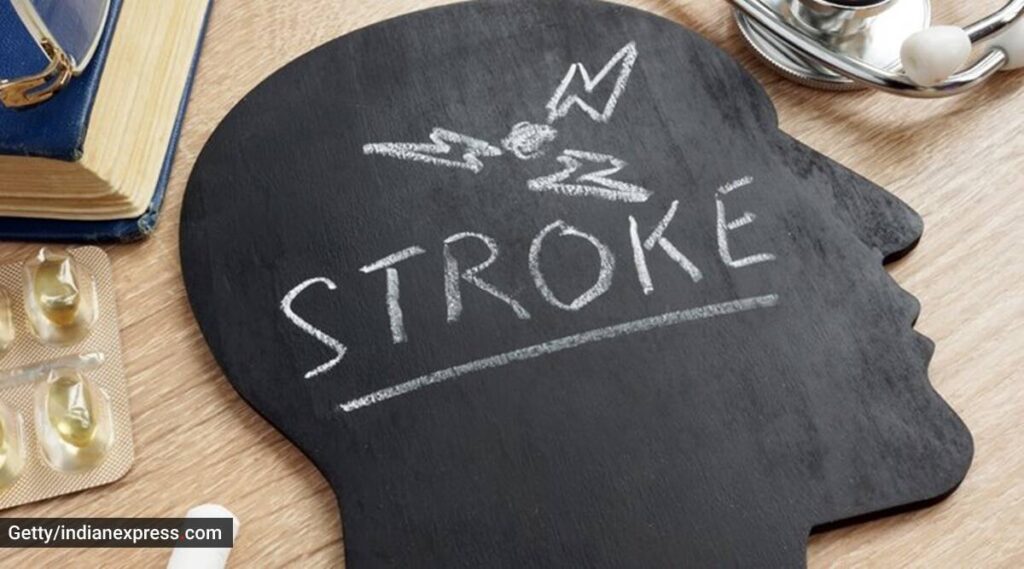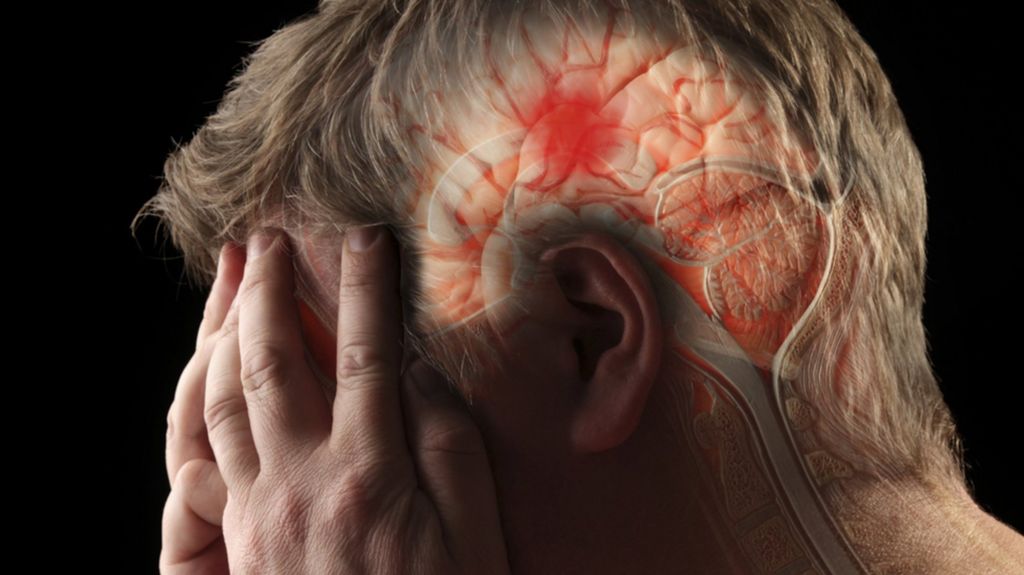Stroke Risk Is Increased by These 9 Lifestyle Factors: Know Now

Whenever the blood supply to a region of your brain is cut off or diminished, brain tissue is short of oxygen and nutrients, causing a stroke and the death of brain cells within minutes. It results in a medical emergency that necessitates rapid attention in order to prevent brain damage and other problems.
What are the risk factors that go along with it?
Several stroke risk factors are uncontrollable. Sex, age, and family history are only a few of the factors. Many of the risk factors for stroke, on the other hand, are tied to one’s way of life. Anyone can reduce their risk of having a stroke by making a few easy lifestyle adjustments.
Below are the lifestyle factors that raise your chances of having a stroke:
High Blood Pressure
The greatest major risk factor for stroke is high blood pressure. Hypertension is a condition in which the blood exerts more pressure than is healthy or normal, weakening and deteriorating blood vessel walls over time, increasing the risk of stroke (cerebral hemorrhage) or leading to arterial thickening, narrowing, and eventually plugging the vessel (ischaemic stroke).
Diabetes
Diabetes doubles the risk of stroke compared to someone of the same gender and age who does not have diabetes, as high blood sugar levels contribute to the formation of atherosclerosis. Diabetes must always be kept under control.
Atherosclerosis
Atherosclerosis is a chronic inflammatory disease characterized by arterial wall hardening and is a main cause of strokes. Due to cholesterol-laden ‘plaque’ deposits, arteries stiffen, become rigid, and narrow, destabilizing the artery’s lining and generating blood clots (atherothrombosis) that can either block the artery or break off and travel downstream in the bloodstream, resulting in an embolism.
High Cholesterol Levels
Atheroma, a material that attaches to arterial walls and promotes atherosclerosis, is caused by high cholesterol levels (narrowing and hardening of the arteries).
Obesity
Obesity increases the risk of stroke; a diet high in fat (particularly saturated fat) and salt but low in fiber, fruit, and vegetables raise blood pressure and cholesterol levels, leading to heart disease and type 2 diabetes. Consult a doctor or a dietician if you’re having problems remaining within suggested weight levels.
Lack of Exercise
Sedentary lifestyles are associated with obesity, high blood pressure, and high blood cholesterol levels, all of which are important stroke risk factors.
Alcohol
Heavy drinkers, regardless of age, are three times more likely to suffer a stroke (particularly a hemorrhagic stroke), making it crucial to limit alcohol intake.
Illegal Drugs
Intravenous (IV) drug abuse increases the risk of stroke owing to blood clots (cerebral embolisms). Heart attacks, strokes, and a range of other cardiovascular issues have all been related to cocaine and other substances.
People with Atrial fibrillation, a form of irregular heartbeat, are more prone to have an ischemic stroke. This is due to inadequate atria pumping, which allows blood to stagnate and clot, with fragments breaking off and traveling through the bloodstream to the brain, where they block an artery and cause a stroke.




